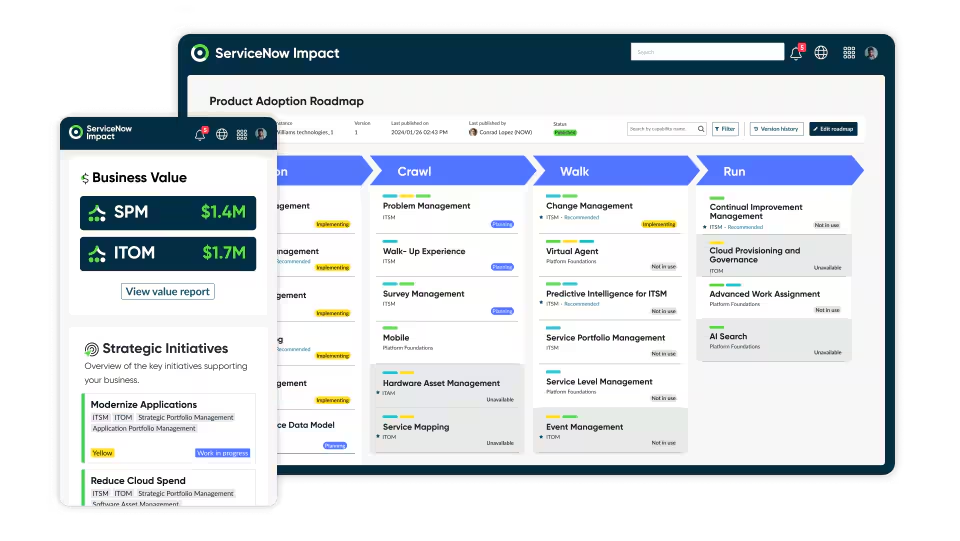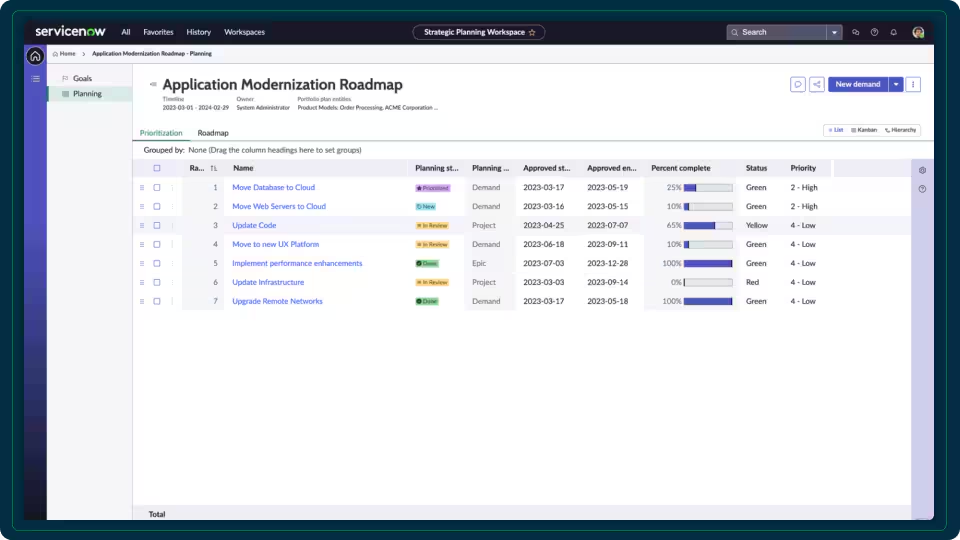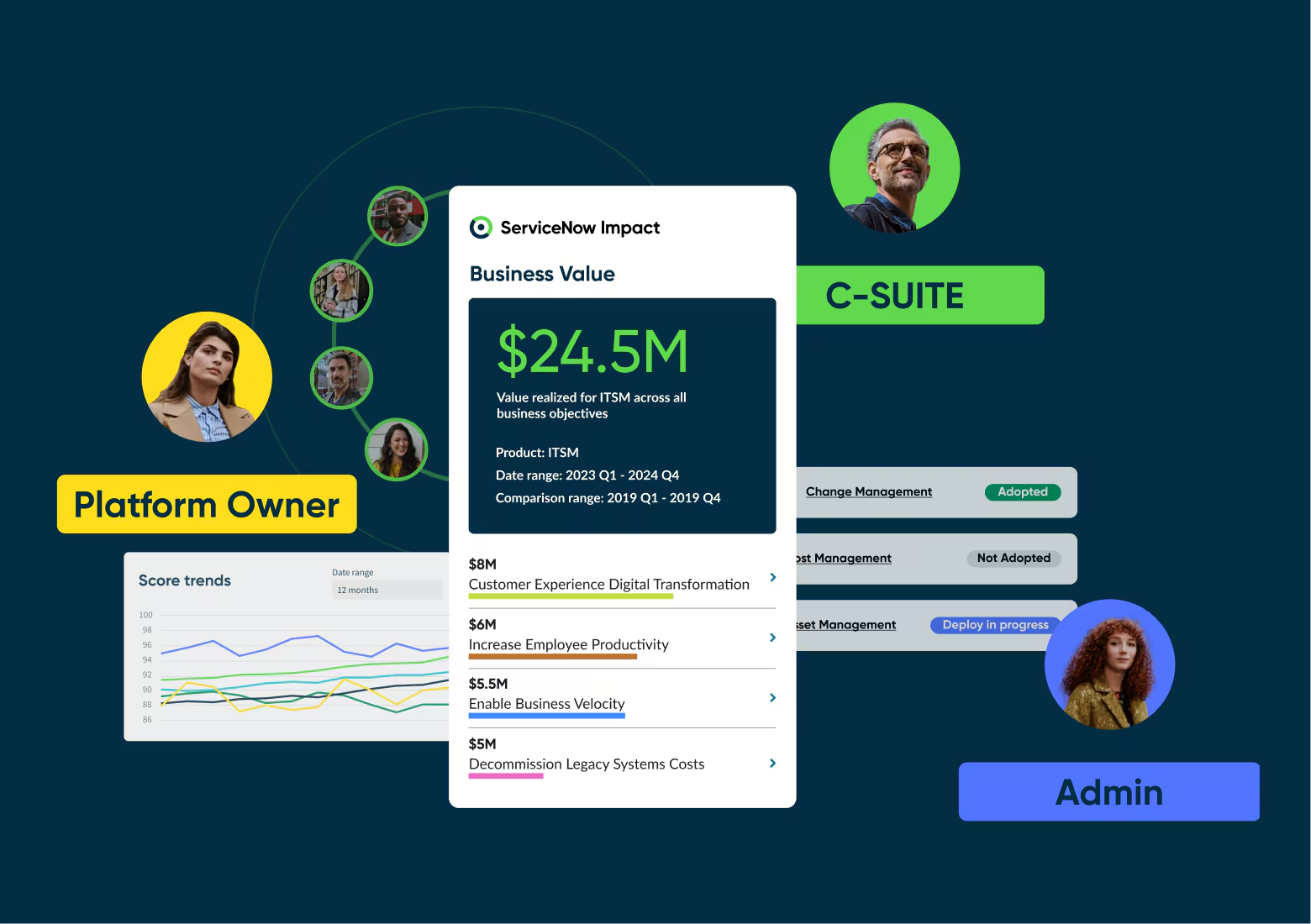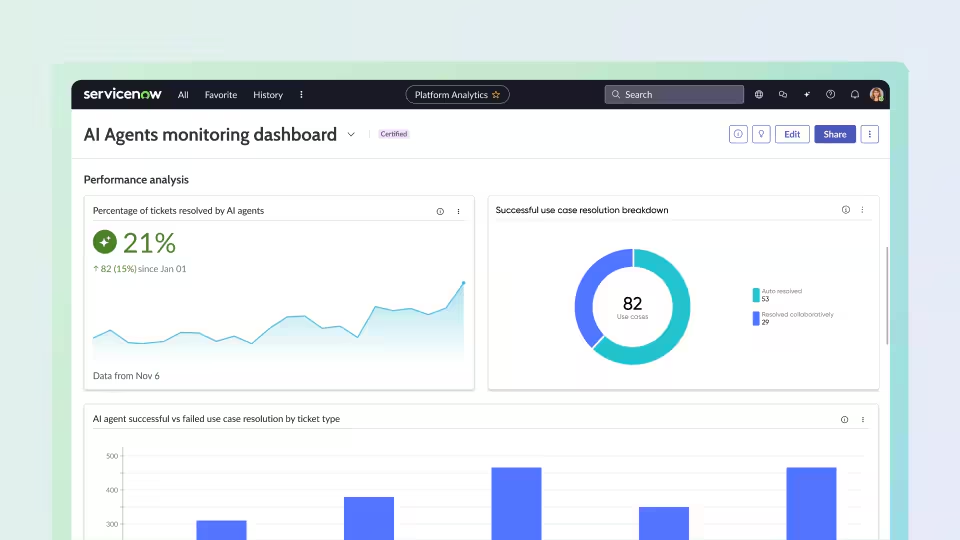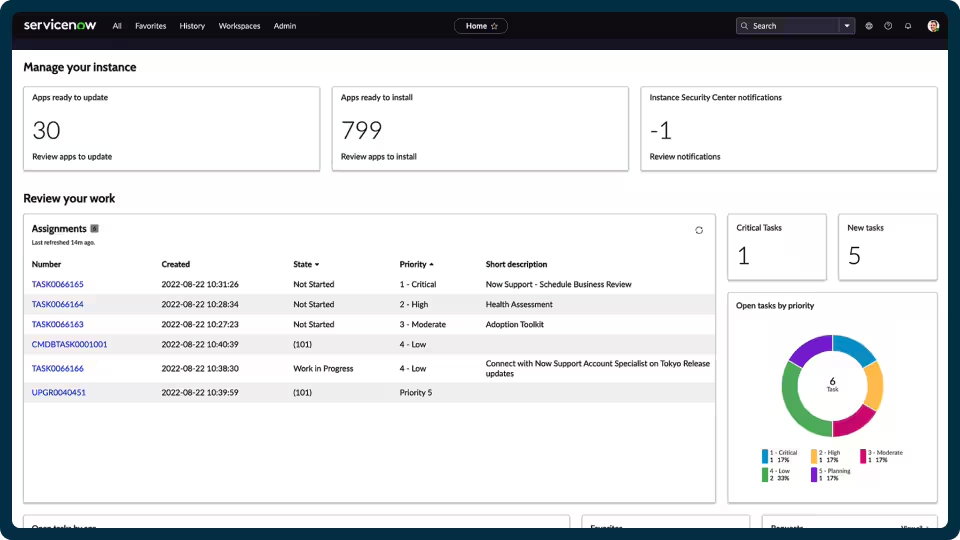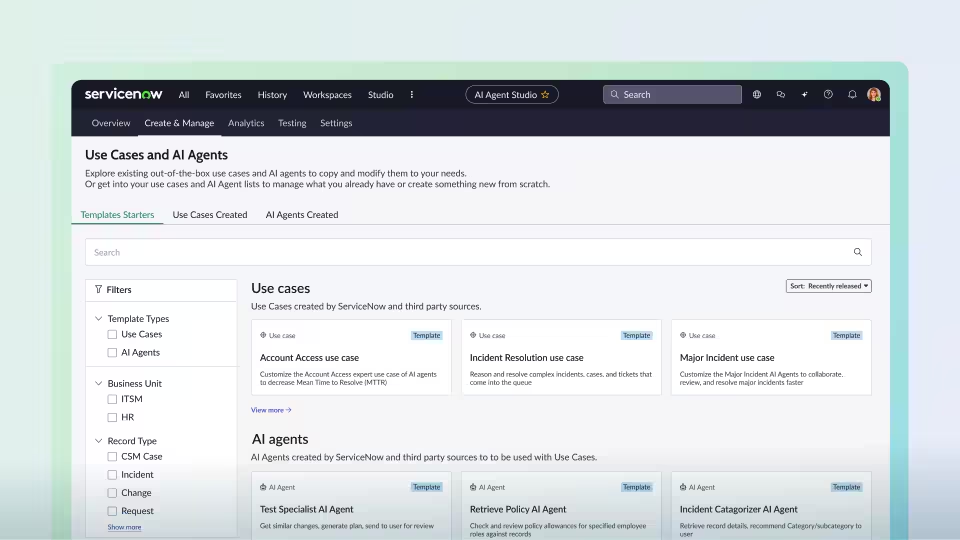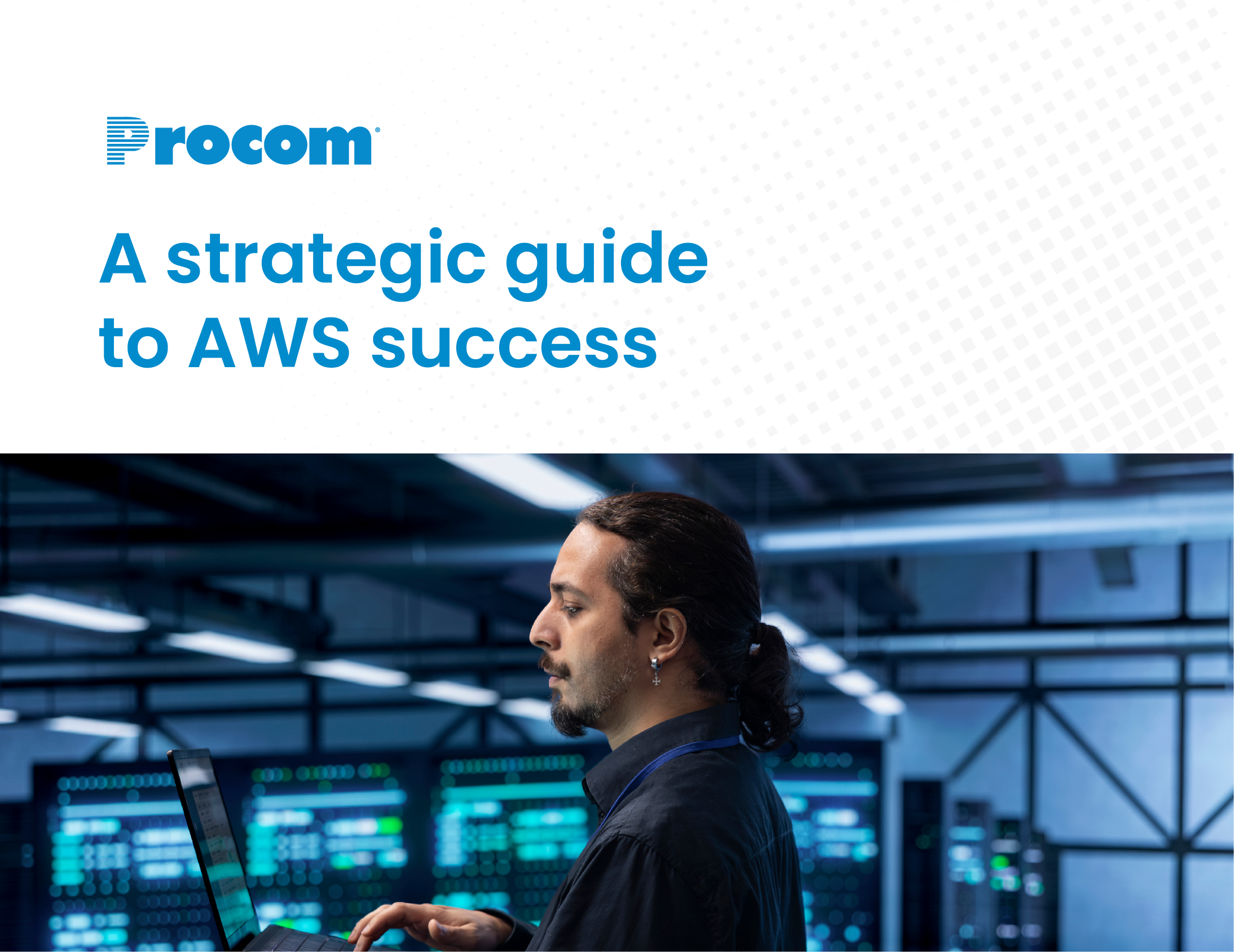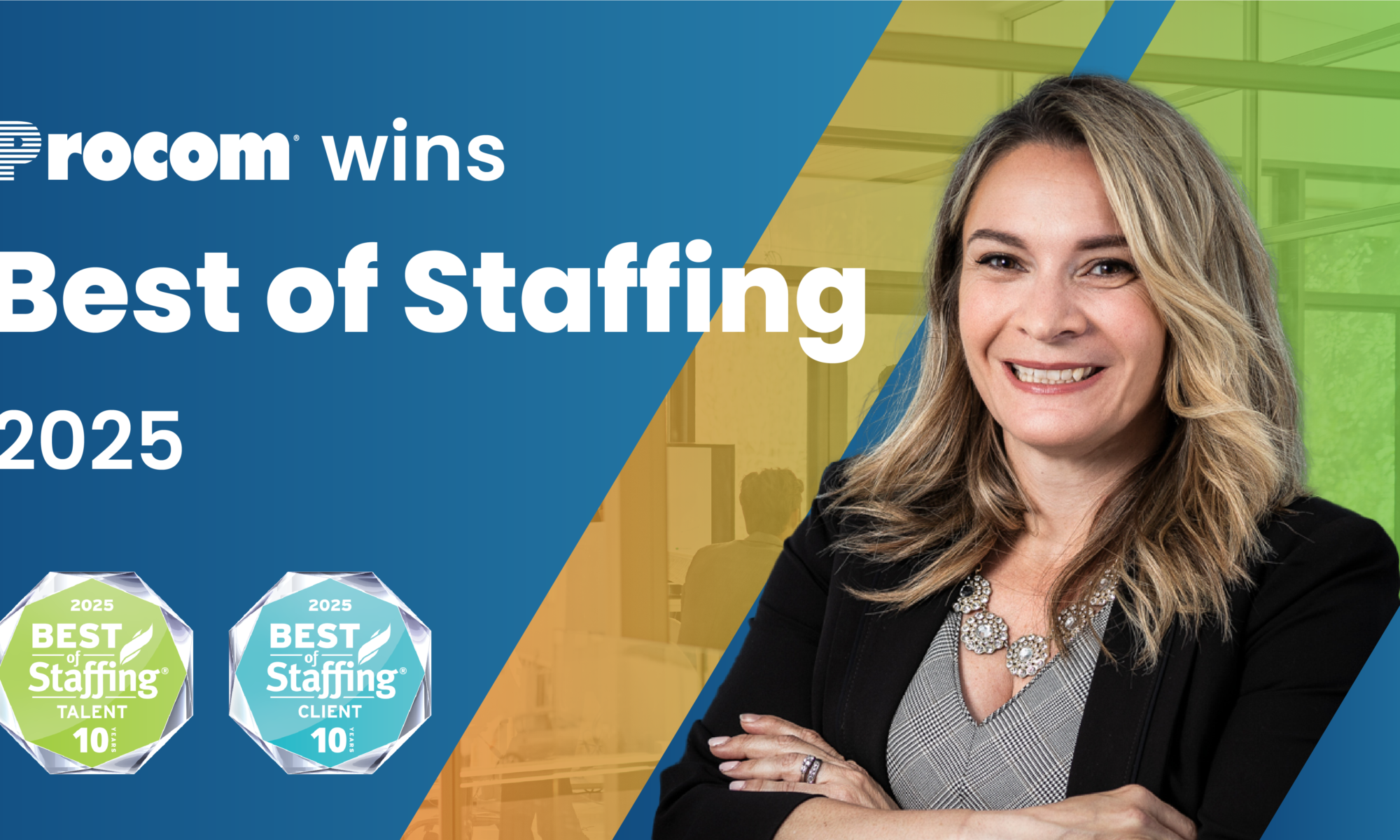Hiring managers leading cloud initiatives today face a gap in Salesforce expertise on their teams, and many find it increasingly difficult to hire and retain top Salesforce talent due to increasing shortages. The Salesforce talent shortage is a risk that can stall cloud projects, hinder system integrations, and diminish the return on investment (ROI) from Salesforce and related cloud platforms.
While organizations double down on cloud transformation, the demand for skilled Salesforce professionals continues to outpace the supply. New data from Salesforce’s MuleSoft reveals that 98% of IT leaders say the ‘Great Resignation’ has created skill gaps within their departments, along with other factors like competition for talent and the need for highly specialized skills.
Below, we explore why the Salesforce talent gap exists, how it impacts cloud transformations within organizations, and actionable strategies to bridge the gap.
The Salesforce talent shortage and its impact on Cloud initiatives

Today, there is a skyrocketing demand for quality Salesforce talent, which means organizations are left with a limited supply after fierce competition for top Salesforce specialists. Salesforce’s leading role in customer relationship management (CRM) has led to explosive growth in Salesforce roles, but there simply aren’t enough qualified professionals to fill them.
By 2022, it was already obvious that more than a third of organizations planned to increase their use of low and no-code tools within the next 12 months. Today, that number is even higher. The demand for talent that knows how to run and implement these new integrations continues to increase.
Industry studies also forecasted that the Salesforce ecosystem will create millions of new jobs in the next few years, and IDC previously projected millions of new Salesforce-related jobs by 2024. While we’ve seen substantial job growth in this space, demand still outpaces supply.
In 2025, this surging demand has created fierce competition for a small pool of experienced Salesforce Admins, Salesforce Developers, and Salesforce Architects, driving salaries up and making retention tough. In fact, even Salesforce’s own growth has been tempered by the challenge of finding skilled talent.
Specialized Salesforce skills in high demand
Modern Salesforce implementations are far more complex than the “out-of-the-box” CRMs of the past. Enterprises now rely on Salesforce to integrate with marketing automation, analytics, e-commerce, and custom applications in the cloud. Expertise in areas like Salesforce integration (e.g. via MuleSoft), Configure Price Quote (CPQ), Marketing Cloud, and industry-specific clouds is now often mandatory, not a bonus.
Seasoned professionals are also expected to wear multiple hats, mastering declarative configuration, and code such as Apex, Lightning Web Components, and DevOps for Salesforce.
The impact on cloud transformation efforts
The Salesforce talent gap directly undermines cloud transformation projects, with ambitious digital initiatives faltering when there aren’t enough skilled professionals to execute. In fact, more than half of digital transformation initiatives stall at some point or fail, with a lack of skilled talent being a leading culprit.
In the Salesforce context, this might mean delayed CRM deployments, incomplete integrations between Salesforce and other cloud systems, or the under-utilization of purchased Salesforce features. Unfortunately, many organizations pay for powerful Salesforce capabilities but use just a fraction of their potential due to the talent gap.
In addition, when key Salesforce roles go unfilled, existing team members become overextended, and critical tasks like user training, data governance, and innovation are neglected. All of this drags down the ROI of cloud investments. If Salesforce isn’t fully adopted and optimized, organizations aren’t reaping the full benefits of their substantial spend.
Strategies to bridge the Salesforce talent gap

Closing the Salesforce skills gap requires a holistic approach with a long-term trajectory in mind. Hiring managers should combine upskilling strategies, creative hiring, and external partnerships to build a high-performing Salesforce team.
Below are actionable tactics your organization can implement to help bridge the gap:
1. Upskill and reskill your existing team
One of the fastest ways to inject Salesforce skills into your organization is by training the people you already have. Your organization’s business analysts, IT staff, or technically inclined end users may be great candidates to become certified Salesforce Administrators or Developers with the right support.
Invest in Salesforce training: Leverage Salesforce’s own learning platform, Trailhead, as well as formal courses or Salesforce certification programs. Salesforce has heavily invested in workforce development solutions like Trailhead and Pathfinder to make learning accessible. Encourage your team to earn badges and certifications relevant to your implementation. Some examples include Administrators, Platform App Builders, Developers, and Consultants. Some organizations even go as far as setting up “Salesforce Fridays”, which are learning hours or study groups to promote continuous learning.
Provide mentorship and real project experience: Training programs alone aren’t enough; hands-on experience is crucial to build true expertise. Pair less-experienced Salesforce Admins or Salesforce Developers with senior Salesforce professionals who can mentor them on real projects. Rotate team members into Salesforce-focused projects so they gain exposure. The combination of formal training with practical application accelerates learning and keeps employees engaged.
Use low-code tools to empower citizen developers: To reduce pressure on your Salesforce experts, adopt Salesforce’s low-code and automation tools like Flow, Salesforce Platform’s point-and-click app builder, or MuleSoft Composer for integration. These tools allow technically inclined organizations to configure apps and integrations with minimal coding. By enabling citizen developers on your team, you can distribute the workload and let your Salesforce experts focus on the most complex tasks. Be sure to invest in proper governance and training so your team follows Salesforce best practices.
Be realistic about timelines and ROI: Keep in mind that upskilling takes time. Even with excellent training resources, it can take months for an employee to grasp Salesforce basics, and potentially years to master advanced capabilities. If your cloud transformation has aggressive deadlines, a solely DIY training approach may not meet immediate needs. In the long run, however, building internal talent can be very cost-effective and create a culture of growth.
Set expectations with leadership that upskilling is an investment; early on you might see a productivity dip as employees learn, but within a year or two you’ll have seasoned in-house experts. The key is to start now, because the sooner you develop your people, the sooner you fill those critical skill gaps.
2. Strategic hiring and growing new talent
Upskilling alone might not fill every gap, especially for highly specialized or senior roles. Targeted hiring and creative talent development programs will likely be necessary:
Hire for potential, not just experience: In a tight talent market, you might not find a candidate with every certification and skill on your wish list. Consider hiring smart, adaptable professionals who know related technologies like other CRMs, cloud platforms, or programming languages. Also, ensure that your organization invests in Salesforce-specific training. For example, a strong Java or .NET developer could learn Apex (Salesforce’s programming language) relatively quickly; a business analyst from another CRM could ramp up on Salesforce with some Trailhead courses.
By hiring for aptitude and cultural fit, you can grow your own Salesforce experts. Many companies are already doing this, bringing in junior talent or individuals from non-traditional backgrounds and training them on the job to gradually fill the pipeline.
Develop apprenticeship and internship programs: Partner with universities or organizations to create a Salesforce talent pipeline. For instance, you might start a Salesforce internship program or join initiatives like Salesforce Talent Alliance, which connects employers with fresh Trailhead graduates. Some consulting firms have launched apprenticeship models that take new graduates through intensive Salesforce bootcamps and place them on real projects under supervision. As a hiring manager, you can mirror this approach by bringing on entry-level hires in a “train-to-hire” model. Next, your organization can provide a structured training period of perhaps 3-6 months, where apprentices shadow your senior team, assist with configurations, and gradually take on more responsibility. This requires upfront effort, but it’s a powerful way to cultivate loyal talent molded to your business needs.
Leverage the wider Salesforce community: The Salesforce ecosystem offers community groups, user groups, and events like local Salesforce Saturdays and Trailblazer Community groups. These groups are teeming with professionals eager to learn and network. Engaging with these communities can help you spot passionate learners who could make great hires. It also gives your team additional avenues to learn.
Competitive compensation and clear career paths: Ensure you offer a work environment that attracts and retains top Salesforce talent. With demand so high, seasoned Salesforce professionals are heavily courted by recruiters and can often command high salaries. Benchmark your compensation against industry rates and consider non-monetary perks as well. These could include remote work options, conference budgets, and more. Just as important, outline career progression for Salesforce roles in your company – e.g., from Admin to Senior Admin to Architect – so that people see a future with you. Retention is a huge issue in the talent gap; many companies lose their hard-won talent to poaching if individuals don’t feel valued or see growth. A bit of extra budget spent on retention bonuses or training reimbursements can pay off by reducing costly turnover.
3. Work with a trusted talent partner
Your organization may want to consider working with a trusted talent partner like Procom to bridge your Salesforce hiring gaps with confidence. Whether you’re scaling your team, filling critical roles, or seeking top-tier Salesforce professionals, Procom’s industry expertise ensures you get the right talent—fast. Our deep network of vetted candidates and data-driven recruitment strategies help organizations like yours secure skilled professionals who drive digital transformation. Partner with Procom today and build a Salesforce team that delivers results.
Build a High-Performing Salesforce Team for Cloud Success

For hiring managers overseeing cloud transformations, addressing the Salesforce talent gap now is a top priority. The impacts of the gap – slower projects, integration challenges, and under-realized ROI – are simply too significant to ignore. Fortunately, by investing in a combination of upskilling, strategic hiring, and external partnerships, organizations can turn this challenge into an opportunity. The process of cultivating Salesforce talent, both from within and via experts, will not only bridge the skills gap but also strengthen your organization’s overall tech capabilities and agility.
In tackling the talent shortage, remember that this is a journey. Quick fixes like contractors or consultants can provide immediate relief, but a sustainable solution often involves developing people and institutional knowledge over time. Support from executive leadership is key – make the case that Salesforce expertise is an asset that will pay dividends in better execution and higher returns on technology spend. Track and celebrate progress: for example, note how project velocity increases once key roles are filled, or how user adoption climbs after additional training, and tie those wins back to business outcomes.
Finally, know that you don’t have to go it alone. The wider Salesforce ecosystem is there to help. Salesforce itself offers a rich community and resources, and numerous partners specialize in Salesforce talent development. If your organization needs an extra boost of expertise, engaging external talent providers can be a smart move. For instance, Procom is one resource that enterprises use to access seasoned Salesforce professionals and recruiting support when internal capacity runs thin. By leveraging all available avenues, you can ensure you have the right people in the right roles to fully realize your cloud transformation goals.



